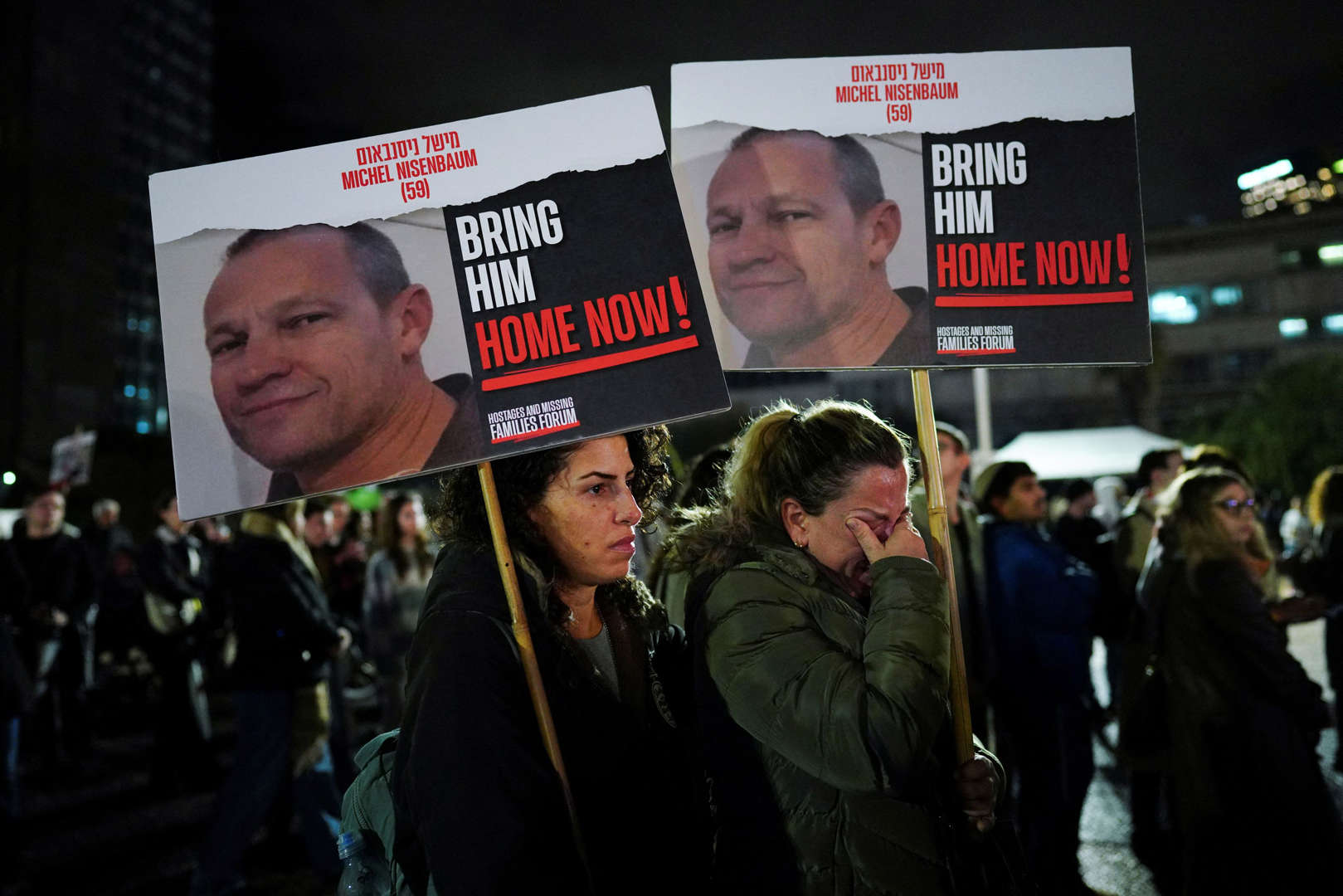Qatar and France have successfully mediated a deal to deliver crucial medication to Israeli hostages and essential aid to civilians in Gaza.
Qatari Foreign Ministry spokesman Majed al-Ansari confirmed that the lifesaving medication, comprising 140 types and procured in France, has been dispatched from the Qatari capital, Doha, to the Egyptian city of Arish.
The two Qatari air force planes involved in the operation have set the stage for the delivery, with at least one plane landing in Egypt on Wednesday morning, according to an anonymous Israeli official.
The mediation process involved the participation of Mossad head David Barnea, who was in Qatar to discuss the critical issue of supplying medicines to Israeli hostages.
The office of Israeli Prime Minister Benjamin Netanyahu revealed that the medicines were purchased in France based on a list prepared by Israel, and Qatari representatives will oversee the delivery to their final destination.
The International Committee of the Red Cross (ICRC) warmly welcomed the deal, describing it as a “much-needed moment of relief” for the families of hostages and the health facilities in Gaza.
ICRC spokesman Jason Straziuso expressed gratitude for the diplomatic breakthrough and stressed the organization’s commitment to facilitating the transfer of aid inside Gaza, urging all parties to ensure the medicines reach those in need.
While the exact mechanism for delivering aid to hostages remains unclear, senior Hamas official provided insights into the conditions set forth. These include a prohibition on Israeli inspection of packages before entering Gaza and a requirement that, for every box of medicine intended for hostages, shipments would include “another thousand for our people.” He revealed that France initially proposed to carry out the delivery, but Hamas declined due to distrust in the French government’s stance on the Israeli occupation.
France’s involvement in the agreement includes the transfer of medicines to Qatar, sent in diplomatic suitcases and then delivered to hostages in Rafah.
Philippe Lalliot, director of the French Foreign Ministry Crisis and Support Center, clarified that the medicines were intended for 45 hostages, none of whom are French nationals. The French authorities hope to facilitate future deliveries, and reports suggest that the packages contain enough medicine for three months of treatment.
The hostages, who have been held for over 100 days, include individuals with chronic illnesses requiring constant medication, such as cancer and asthma.
The successful implementation of this agreement could provide a ray of hope for their health and well-being. Among the hostages is Omer Wenkert, a 22-year-old Israeli-Romanian national suffering from ulcerative colitis, who requires daily medication.
The deal raises optimism among families of hostages, such as Ricardo Grichener, who expressed hope for future agreements securing the release of all hostages. Grichener highlighted the importance of achieving a deal, regardless of the conditions, to bring an end to the prolonged ordeal faced by the hostages.



